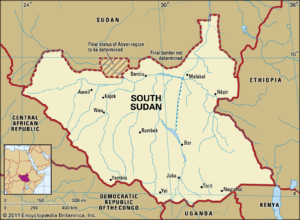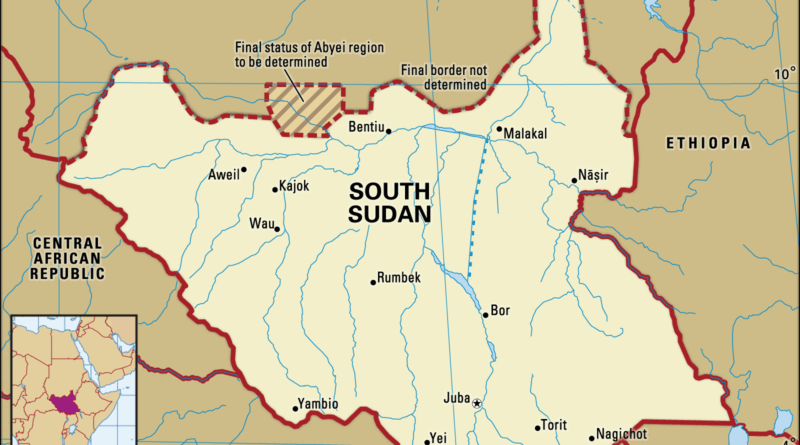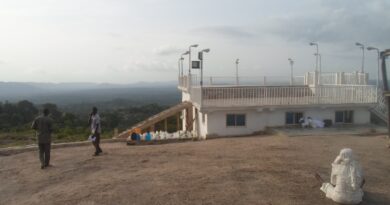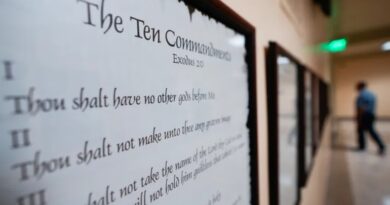South Sudan Camps Show Rare Interfaith Unity
 South Sudan Camps Show Rare Interfaith Unity
South Sudan Camps Show Rare Interfaith Unity
More than 1.2 million people fleeing the ongoing conflict in Sudan have crossed into neighbouring South Sudan, according to the UN Refugee Agency (UNHCR). Among them are over 823,000 South Sudanese returnees people now returning to the same nation they once escaped, creating a complex “refugee-returnee” reality.
Despite the hardship and trauma, an unexpected story is unfolding inside the camps of Northern South Sudan: peaceful coexistence between Christian returnees and refugees from Muslim-majority Sudan.
James Wani, Country Director of Christian Aid, told Christian Daily International that the camps have seen no religious hostility a striking contrast to decades of conflict shaped by faith divisions.
“We have not seen animosity between the groups,” Wani shared. “There is actually a growing understanding between Muslims and their Christian brothers. Their perception of Christians used to be different.”
A History Marked by Religious Tensions
Religion played a central role in the Sudanese civil wars. When President Jaafar Nimeiri imposed Sharia law nationwide in 1983, the South resisted, sparking a violent conflict that lasted until the peace agreement of 2005. South Sudan eventually gained full independence in 2011.
Yet many South Sudanese who lived for years in Sudan now return with new perspectives shaped by shared displacement.
Wani explains that these returnees who have lived as minorities among Muslims now bring with them a level of openness that would have been unthinkable earlier.
ALSO READ: Nigerian Pastor Gets Death Threats After Exposing Killings
Muslims Exploring Christianity Without Fear
Wani describes moments where individuals from Muslim backgrounds have openly expressed interest in the Christian faith.
“In Northern Bahr el Ghazal, people told us, ‘We were Muslim, but we have encountered the Christian faith and are embracing it.’”
He noted that such expressions in Sudan would have severe consequences, but in the camps, no faith-based clashes have emerged.
Interfaith Networks Strengthening Peace
Organizations like the Inter-Religious Council of South Sudan and the Sudan Inter-Religious Council (SIRC) continue to promote dialogue and reconciliation among different faith communities.
Resource Strain Remains Critical
While interfaith harmony is encouraging, the camps are under immense pressure. The influx of displaced people has worsened shortages of food, shelter, and healthcare.
Christian Aid and partner organizations provide relief, including emergency supplies, medical care, and importantly spiritual and emotional support for trauma survivors.
“We use our faith networks to ensure pastoral care helps people heal from the horrors they’ve experienced,” Wani said.
Special focus is placed on survivors of sexual and gender-based violence, connecting them with psychosocial services and working with leaders to address stigma.
Support for Reintegration and Recovery
For returnee families, Christian Aid offers reintegration support helping them start small businesses and rebuild their livelihoods. Through its partnership with the Humanitarian and Development Consortium (HDC), the organization has provided multi-purpose cash assistance to 5,000 people, with an additional 2,100 supported through funding from the Scottish Government.
A Remarkable Story of Unity
In a world still rife with religious conflict, the refugee camps of South Sudan are showcasing something few expected: genuine understanding and cooperation between Christians and Muslims, even in the midst of war and displacement.
Content Credit: Moyosola Oni
Image Credit: Google .Com




